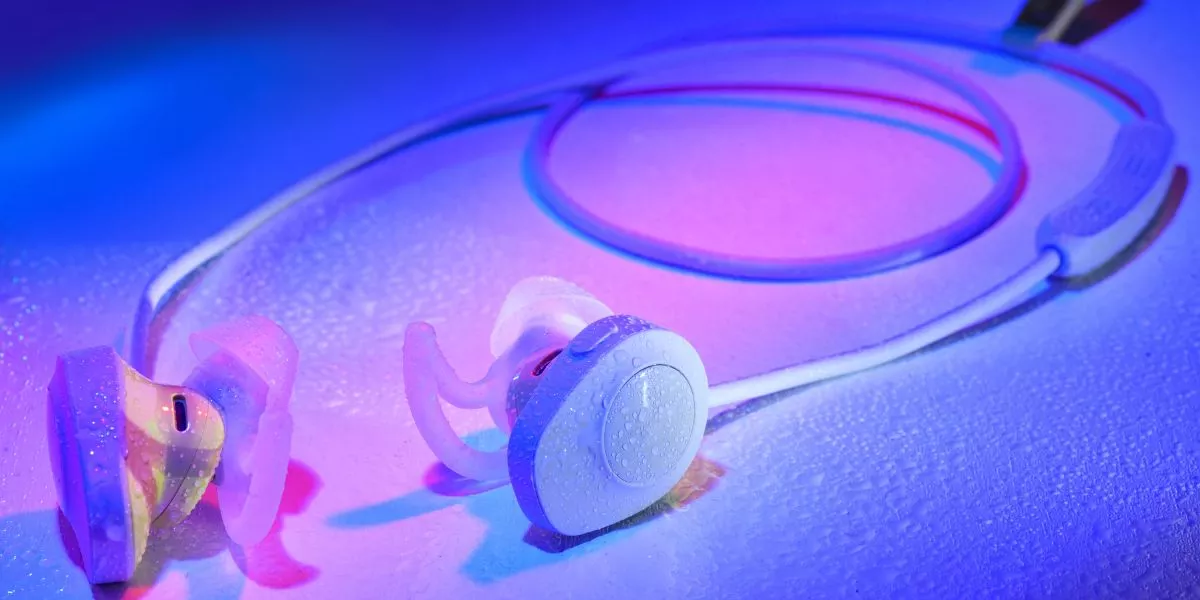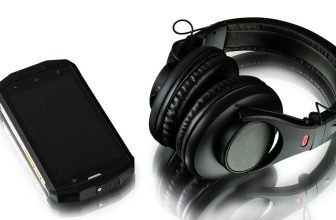
When it comes to swimming, the question of whether waterproof headphones are a good choice might linger in your mind. While the idea of enjoying music underwater sounds appealing, you may wonder about the practicality and overall performance of these specialized headphones in a swimming environment. Consider factors like sound quality, comfort, and durability before making a decision. Dive into the discussion to uncover whether waterproof headphones truly enhance your swimming experience or if there are better alternatives worth exploring.
Benefits of Waterproof Headphones for Swimming
When swimming, waterproof headphones provide the convenience of listening to music without worrying about water damage or interference. These headphones allow you to enjoy your favorite tunes while doing laps or simply relaxing in the water. The secure fit ensures they stay in place, even during vigorous strokes, enhancing your overall swimming experience.
With waterproof headphones, you can stay motivated and focused during your swim sessions. The rhythmic beats can help you maintain a steady pace and push through challenging sets. This added motivation can lead to more productive workouts and improved performance in the pool.
Furthermore, waterproof headphones offer a sense of relaxation and escapism while swimming. The music can help drown out any surrounding noise, creating a peaceful and serene environment in the water. It's like having your private soundtrack to accompany you on your aquatic journey.
Drawbacks of Using Waterproof Headphones
While waterproof headphones offer many benefits for swimmers, there are some drawbacks to consider as well. One of the main drawbacks is that the sound quality of waterproof headphones may not be as good as regular headphones. The waterproofing materials can affect the sound output, resulting in slightly lower audio quality.
Additionally, some swimmers find that waterproof headphones can be less comfortable to wear for extended periods. The design and materials used to make the headphones waterproof can sometimes cause discomfort, especially if worn for long swimming sessions.
Another drawback is that waterproof headphones can be more expensive than regular headphones. The technology and materials needed to make headphones waterproof often come at a higher cost, making them a pricier investment.
Lastly, not all waterproof headphones are suitable for diving or deep-water activities. Some models have depth limitations, so it's essential to check the specifications if you plan on using them for activities beyond surface swimming.
Factors to Consider When Choosing Waterproof Headphones
When selecting waterproof headphones, ensure you prioritize features that cater to your specific swimming needs and preferences.
Firstly, consider the headphones' waterproof rating. Look for headphones with a high IPX (Ingress Protection) rating to ensure they can withstand water immersion.
Additionally, opt for headphones with a secure fit to prevent them from falling out while swimming. Ear hook or ear fin designs are excellent choices for a secure and comfortable fit.
Another crucial factor is sound quality. Choose headphones that provide clear and crisp audio even in a wet environment. Bluetooth connectivity is also essential for wireless freedom during your swim.
Furthermore, battery life is key for longer swimming sessions, so select headphones with a battery that meets your needs.
Lastly, consider the design and style that best suits you, whether you prefer in-ear, over-ear, or bone conduction headphones.
Tips for Maximizing Your Experience With Waterproof Headphones
To enhance your experience with waterproof headphones while swimming, focus on optimizing their performance with these practical tips. Firstly, ensure a proper fit by choosing the right ear tips or swim cap designed for use with waterproof headphones. A secure fit not only enhances sound quality but also prevents water from seeping into the ear canal. Additionally, before diving in, make sure the waterproof headphones are securely attached to your ears to avoid any distractions during your swim.
To prevent any potential damage, always rinse your waterproof headphones with fresh water after each use in chlorinated or saltwater pools. This helps remove any residue or buildup that could affect the headphones' performance over time. Furthermore, store your waterproof headphones in a cool, dry place away from direct sunlight to prolong their lifespan.
Lastly, consider investing in a waterproof MP3 player to complement your waterproof headphones for a seamless swimming experience. With these tips in mind, you can maximize your enjoyment of music or podcasts while swimming without worrying about your gear.




